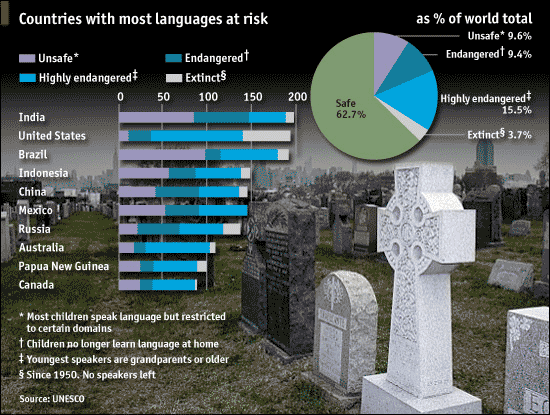Rating agencies are worthless
In this issue:
» Insider scoffs at credit rating agencies
» Dr. Doom is pessimistic, but buying stocks
» Realtors' mantra for survival
» Indian industry grapples with less closures
» ...and more!
| 00:00 |
----------- Equitymaster Research -----------
Small Caps Remain One Of The Surest Ways To Multiply Your Wealth...
Read On...
---------------------------------------------
Furthermore, what gives Buffett's detractors enough fangs is his little over 20% stake in Moody's Corporation, parent of one of the three rating agencies that have almost all the market of rating firms and banks to themselves. So, is Warren Buffett's silence an indicator of his ruthlessly capitalistic streak or is it just another attempt to tarnish the man's reputation? And as is often the case, there have been arguments on both sides.
However, we would like to leave you with one that does its bit to absolve the Oracle of Omaha of what can be called his wrongly perceived sin. Moody's former managing director, Jerome Fons says that Mr. Buffett has long found his connection to Moody's a little awkward. Mr. Buffett never attended any board meetings, he says, and Berkshire has never bought any additional shares after it acquired its stake in 2000 as part of a deal with Dun & Bradstreet, then its parent company. Mr. Fons further adds, "I think he'd love to sell his stake in the company, but he can't. As soon as it was known that he was selling, the value of the company would plunge." Now that might silence a few of his critics.
| 01:03 |
At this time, we remember a recent issue of the 5 Min. Wrapup where we had quoted some of the other employees of Moody's as saying that the company "sold our soul to the devil for revenue." They were crying foul about how the company issued fake ratings to junk securities just to make money on them. Do we need to say any more?
| 01:35 |
As per the Economist, in the short term they (the government) should subsidise companies to keep more people at work. For those who still lose their jobs, welfare schemes and unemployment benefits should be extended so that people don't plunge into destitution. In the long term, however, the government should do the exact opposite. It should keep labour markets flexible. Some old cushy jobs, such as the Wall Street trader, certainly are not coming back. Unless old jobs can be destroyed, new jobs can't be created. Hence, in the long run governments should focus more on training for new jobs rather than protecting old ones.
We believe this balance between the short term and long term is easier said than done. It demands too much agility from the policy makers.
| 02:18 |
The buzzword now is 'affordable housing'. For instance, as reported in the Wall Street Journal, real estate companies are changing the design of buildings to squeeze in more apartments and are also scaling back the details of individual units to save money. The focus has also shifted more towards one-bedroom and two-bedroom apartments. However, while prices have considerably corrected, consumers are still cautious and are of the opinion that there is headroom for prices to fall further. We second that thought!
| 02:44 |
While strikes were down by about 15%, lockouts were down 80%. Prima facie that may sound like great news, but it could also be seen as an indicator of the level of job insecurity felt by employees in general, leading to a benign attitude towards their employers.
| 03:11 |
| 03:26 |
| 03:39 |
| 04:01 |
| 04:15 |
While the Indian benchmark BSE-Sensex closed with around 1.3% gains, stocks in Hong Kong (up 1.9%), China (0.2%), and Singapore (1.1%) also ended in the positive. The Bank of Japan's announcement that it may provide loans to help banks replenish capital and restart lending also aided sentiment across Asia today.
| 04:36 |
 |
| Image Source: Economist |
| 04:53 |
Today's investing mantra |
Today's Premium Edition.
Recent Articles
- All Good Things Come to an End... April 8, 2020
- Why your favourite e-letter won't reach you every week day.
- A Safe Stock to Lockdown Now April 2, 2020
- The market crashc has made strong, established brands attractive. Here's a stock to make the most of this opportunity...
- Sorry Warren Buffett, I'm Following This Man Instead of You in 2020 March 30, 2020
- This man warned of an impending market correction while everyone else was celebrating the renewed optimism in early 2020...
- China Had Its Brawn. It's Time for India's Brain March 23, 2020
- The post coronavirus economic boom won't be led by China.


Equitymaster requests your view! Post a comment on "Rating agencies are worthless". Click here!
Comments are moderated by Equitymaster, in accordance with the Terms of Use, and may not appear
on this article until they have been reviewed and deemed appropriate for posting.
In the meantime, you may want to share this article with your friends!